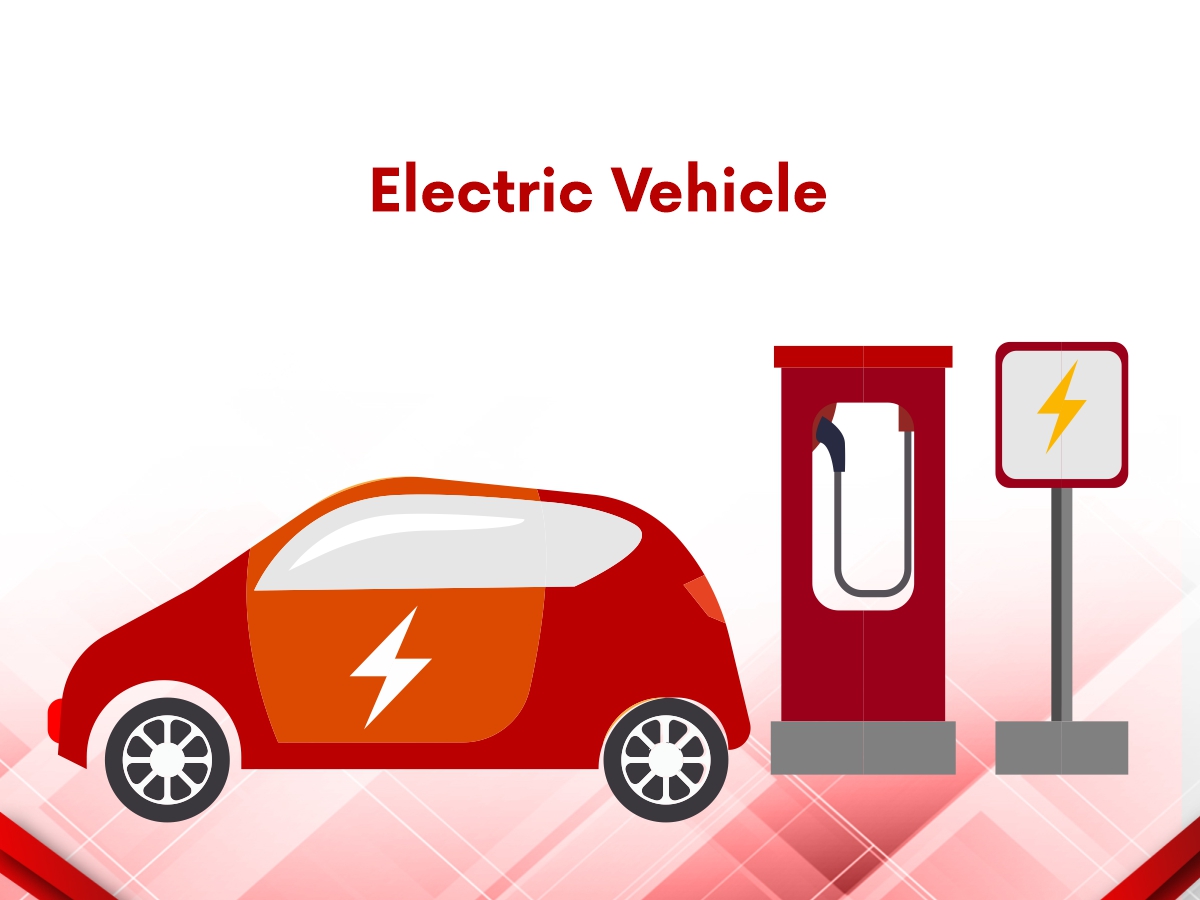
They often say “Electric vehicles are the way of the future” with the proper level of functionality, they are eco-friendly and hence a good choice for individuals. Tesla, Mercedes-Benz, Audi, Hyundai, Chevrolet, BMW, Mahindra, and Renault are among the companies producing revolutionary electric automobiles today. However, do we have any knowledge of the history of electric vehicles? If not, let us understand where and when these vehicles first appeared.
BIRTH OF ELECTRIC VEHICLE
It’s difficult to attribute the invention of the electric vehicle to a single person or country. Instead, it was a series of advancements in the 1800s that led to the first electric car on the road, from the battery to the electric motor. Anyos Jedlik invented an electric motor in 1828, and he used it to make the small electric automobile. Robert Anderson, a Scottish inventor, built a rudimentary electric carriage between 1832 and 1839.
Electric vehicles first appeared in the 19th century. They did not do well on the market previously due to their expensive cost, short range and low speed. As a result, global demand dropped at first. Gas-powered vehicles create a lot of smoke and are extremely hazardous to the atmosphere, which has intensified as concern for the environment in the 21st century. As a result, interest in electric vehicles has grown. Electric cars were popular among those who drove them in cities, where their short range was not an issue. Another factor that contributed to its success was the fact that it did not require changing gears, making it a simple option.
As a result of the pandemic, there is a greater demand for personal mobility. Furthermore, rising fuel costs are attracting more customers to electric vehicles (EV), forcing automakers to dazzle with cutting-edge technologies. Fully electric vehicles have a single high-capacity electric motor that is driven by a big battery that must be charged at a charging station.
Factors like assembly of battery technology, and the effects of charging infrastructure are at the core of the EV segment’s growth.
In recent years, battery technology has seen steady growth in advancements. As part of climate change commitments, governments are emphasizing transportation decarbonization. Lithium-ion cells, in which positively charged lithium ions are transferred from the anode to the cathode by a liquid electrolyte through a separator, are still the most common battery technology in EVs. You know that the largest manufacturer of lithium-ion batteries is China. Lithium-ion batteries are still the most actively investigated technology, with approx. 8,200 patents were filed outside of China in 2019.
Enevate, a pioneering battery innovation company specializing in extreme fast charge and high energy density battery technologies for electric vehicles (EVs) and other markets, announced in 2021 that it had reached a major milestone of 100 patents issued worldwide, with over 300 more patents in the process, bringing the company’s total issued and in process patent portfolio to over 400.
Fast charging is a major trend in the electric vehicle market, and if a vehicle can be charged in less than 30 minutes, range anxiety is reduced. This capacity has been added to a number of automobiles on the market. With the Porsche Taycan/Audi e-tron GT platform, as well as the new Hyundai E-GMP design, more examples of 800 V systems are coming. These higher voltages also make charging go faster.
It is evident that the availability of better charging infrastructure is critical to the adoption of electric vehicles. As a result, it is the responsibility of companies that use innovation to provide the finest charging solutions to consumers. Through a network of sensory devices, Volkswagen’s V-Charge technology can automate activities such as recognizing a parking location and charging an electric vehicle. At the same time, automobile manufacturers such as Nissan and Toyota are licensing wireless charging technologies as a built-in function.
By 2024, the Indian government hopes to have made arrangements and provided incentives to encourage more people to purchase Battery Electric Vehicles, which will account for 25% of all new car registrations. Electric vehicles currently account for only 0.29 percent of total vehicle registrations in India. In order for this to happen, a two-pronged strategy must be implemented. First and foremost, India must become truly EV-ready by establishing the required infrastructure and technologies to support electric car manufacture. Second, facilities must be made so that outdated vehicles can be converted to hybrid electric vehicles, which will help to reduce pollution levels.
CONCLUSION
Wissen Research assists automotive industry practitioners in identifying new growth prospects, understanding the effect of developing technology, and driving innovation through our technology research service. Contact us to learn more about the latest advancements in electric vehicle technology.
Author by:-
Anamika Manhas
© Copyright 2024 – Wissen Research All Rights Reserved.